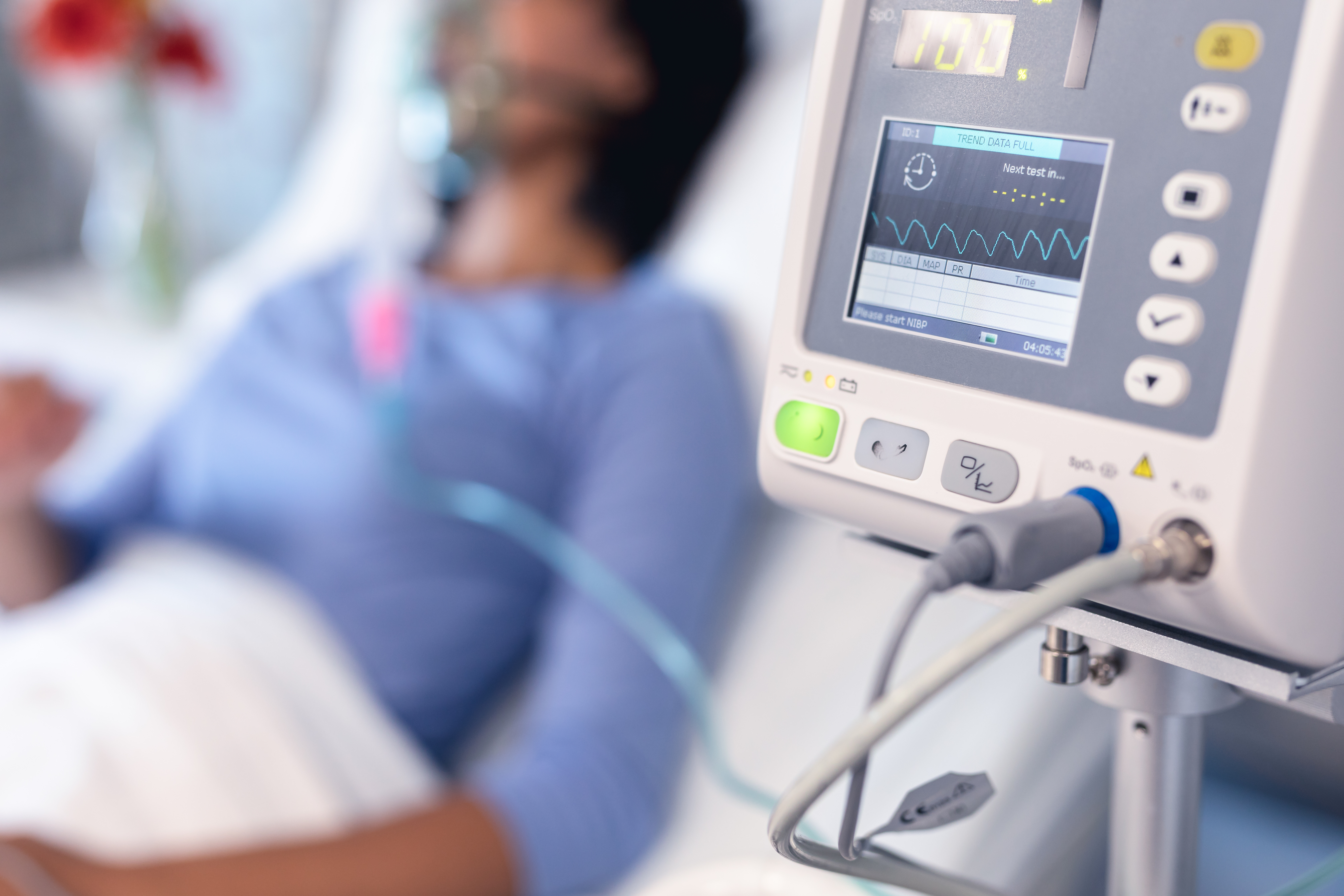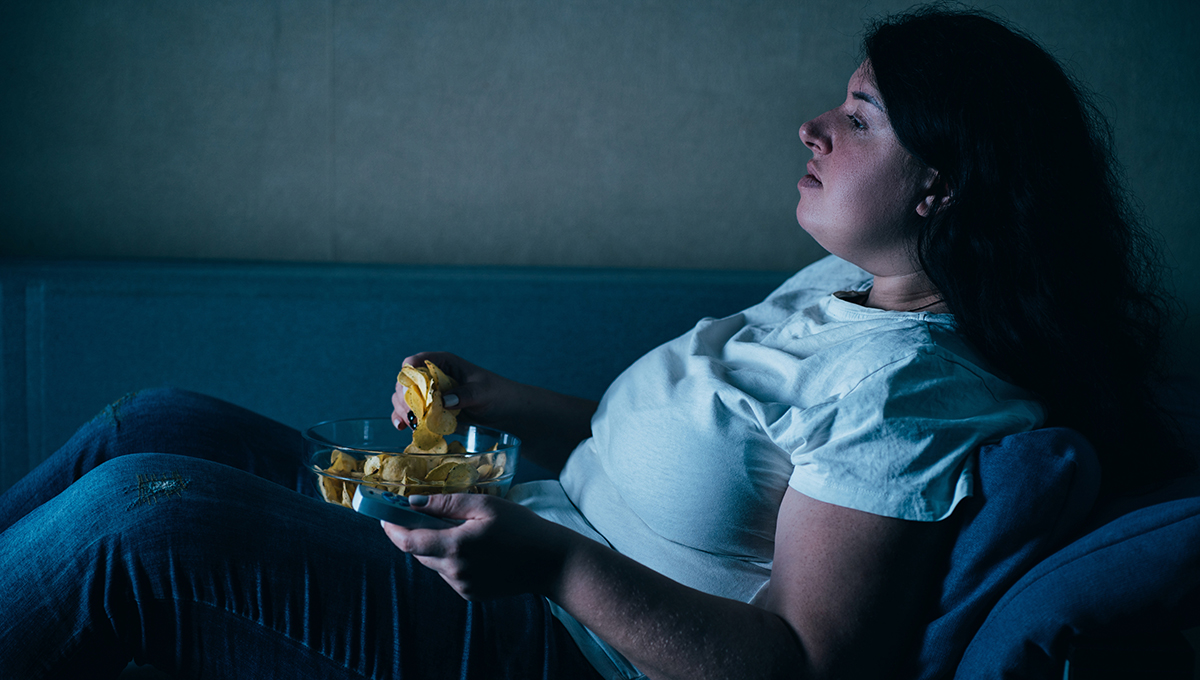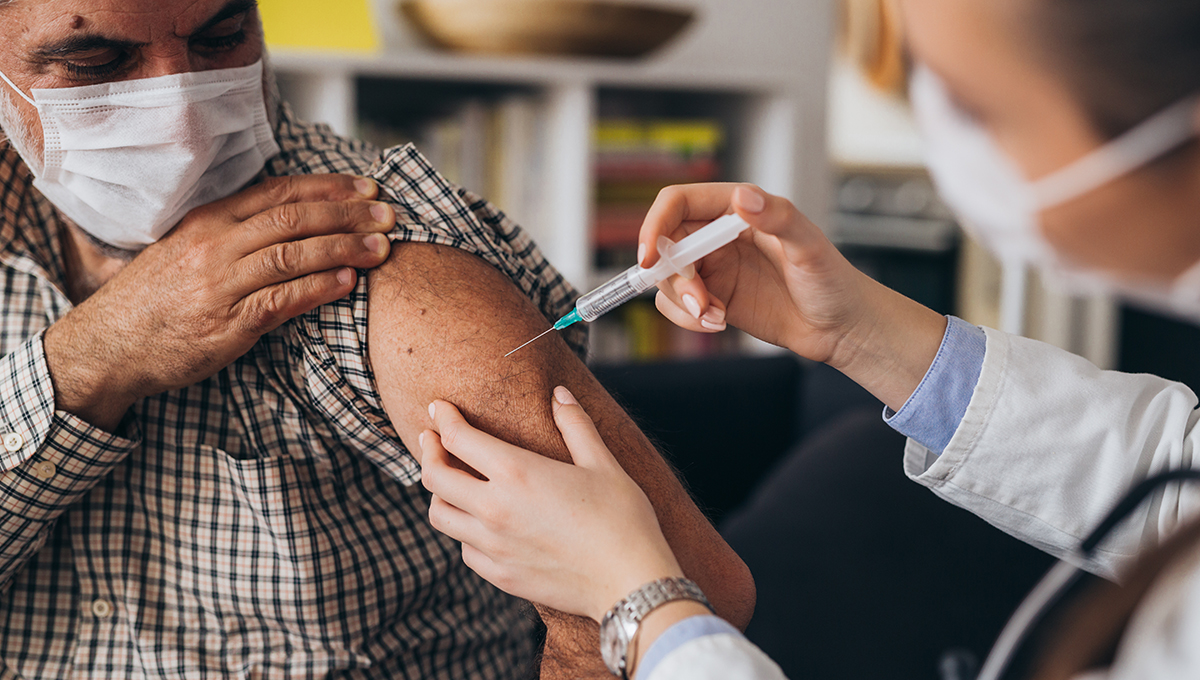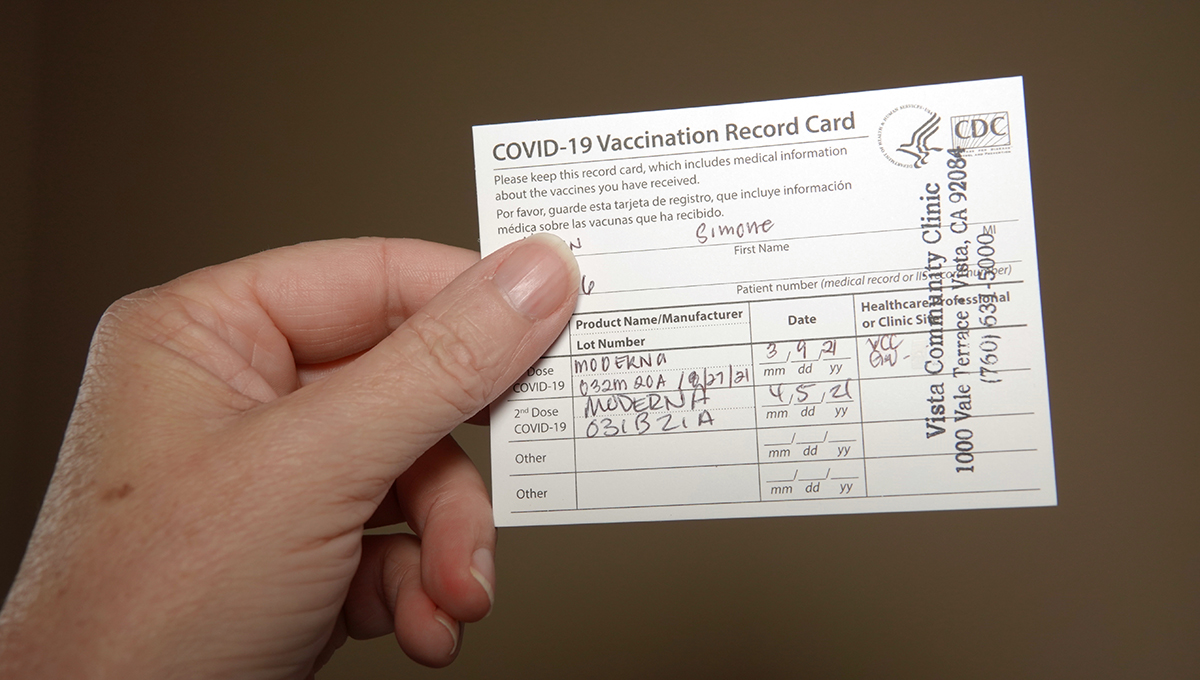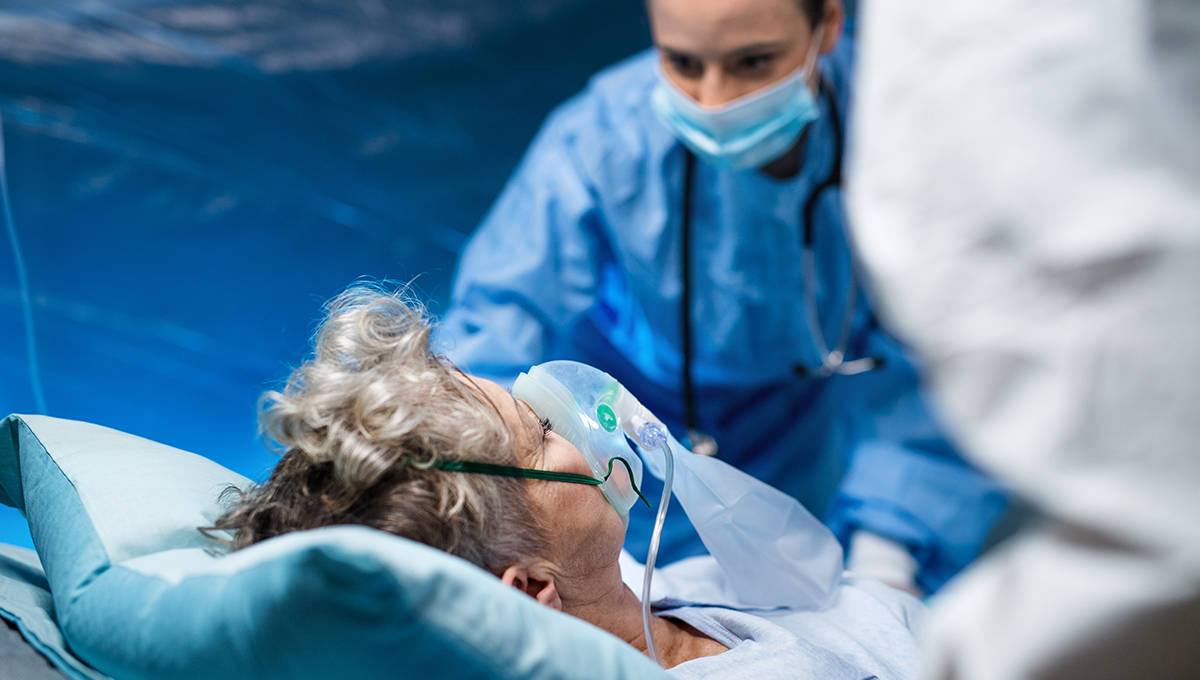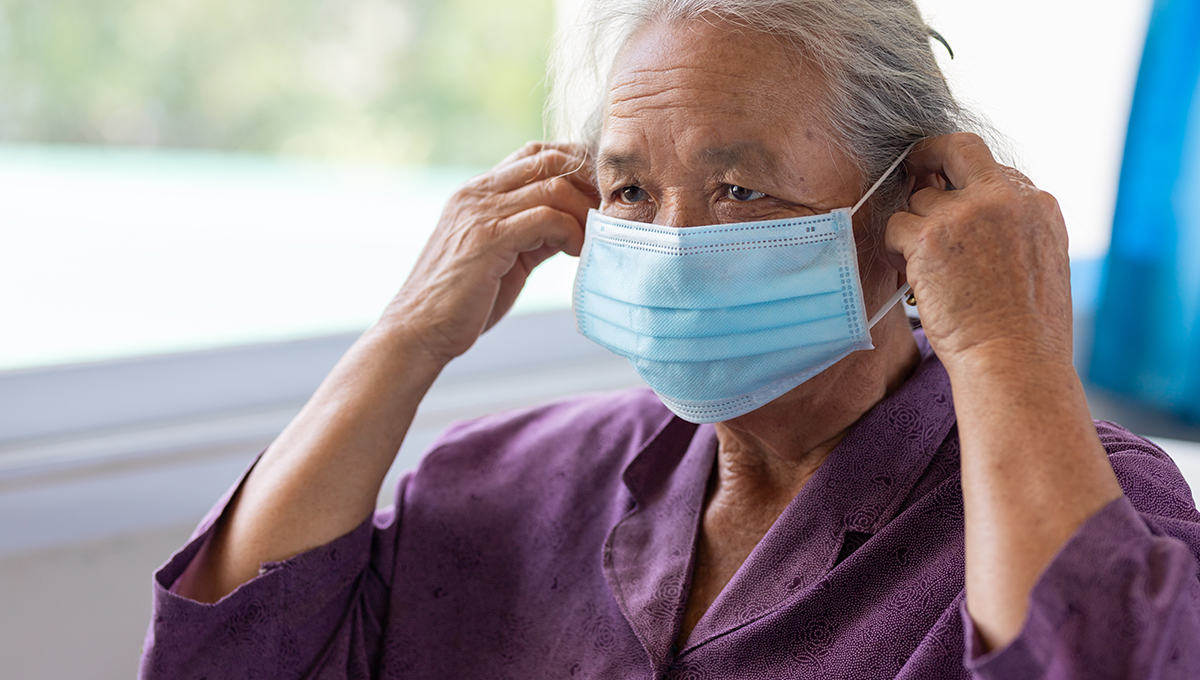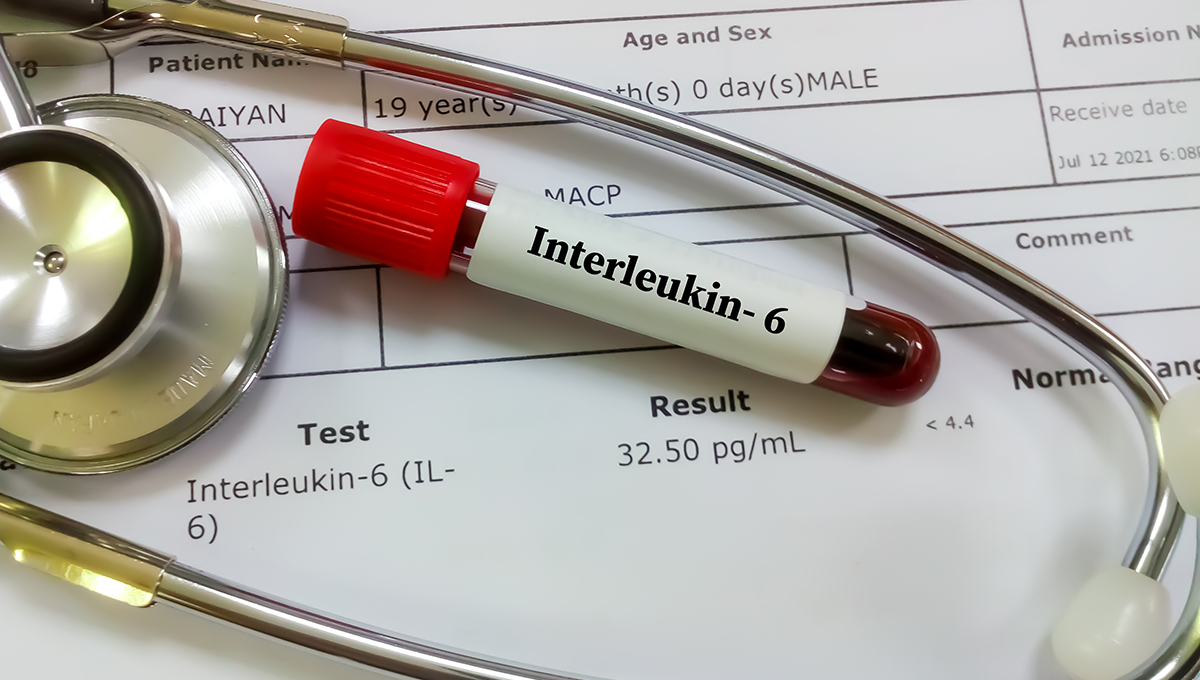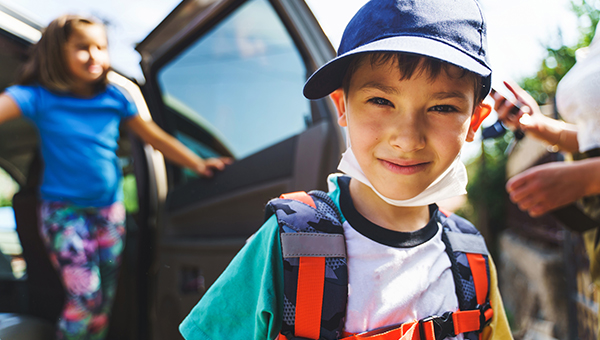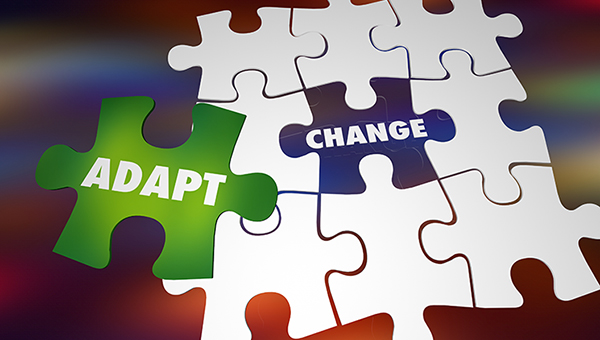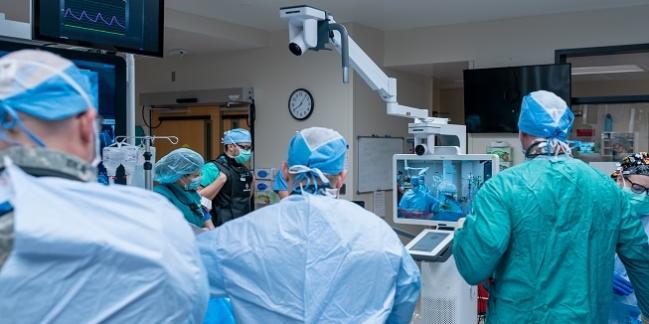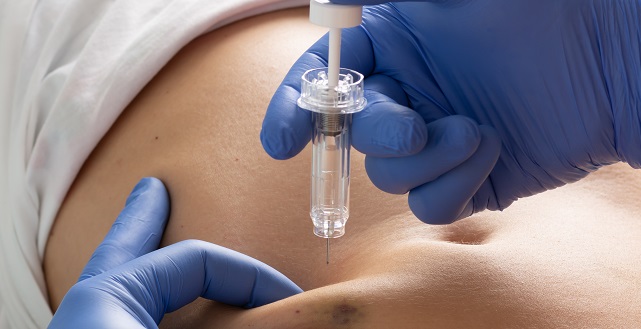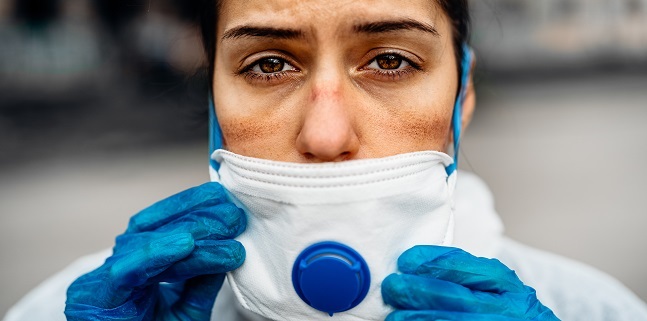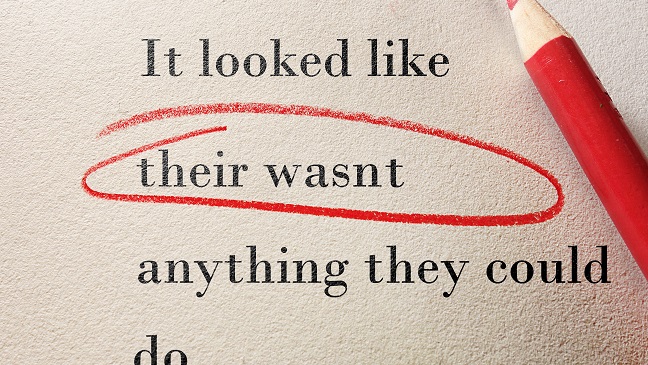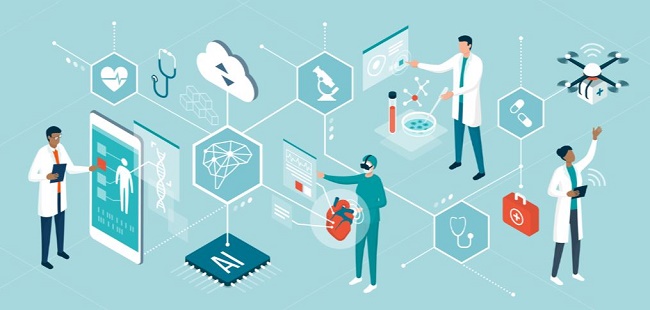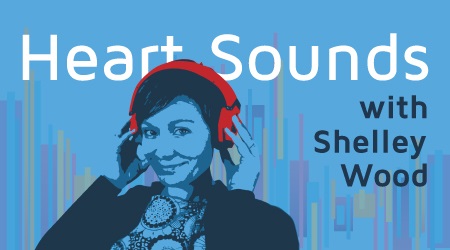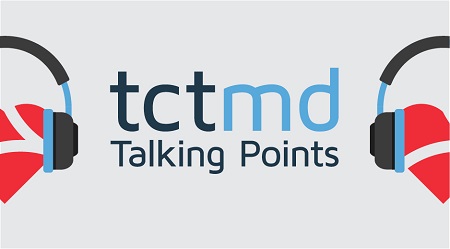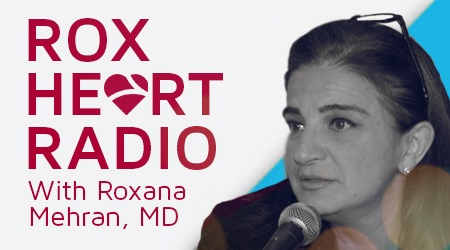
|
|
COVID-19: TCTMD’s Daily Dispatch
|
Wednesday, April 19
A total of three trials explored whether starting ACE inhibitors, ARBs, or novel agents could improve outcomes for patients. |
Tuesday, April 11
Experts say sitting and screen time are compounding an already-dire threat of low physical activity worldwide. What can be done? |
Wednesday, November 30
A retrospective analysis of nationwide French data does not support a regulatory alert issued in the US earlier this year. |
Wednesday, February 22
Fully vaccinated patients had a 40% lower risk of MACE compared with those who weren’t vaccinated, US registry data show. |
Friday, February 10
Among people hospitalized with COVID-19, preexisting heart disease nearly quadrupled their risk of acute events. |
Monday, January 30
CVD deaths increased, minorities were hardest hit, and disparities between populations continued to expand. |
Wednesday, January 18
The preliminary findings suggest PCSK9 inhibition has anti-inflammatory effects relevant in COVID-19 and beyond. |
Wednesday, January 11
Researchers have found circulating spike protein in the bodies of people with the complication, pointing to a potential mechanism. |
Friday, January 6
This is a hopeful message for patients, Luis Ortega-Paz says, and certain factors may identify those who need closer follow-up. |
Monday, December 19
The researchers say it’s best to calculate the risks and benefits, rather than define an optimal time for surgery post-COVID. |
Thursday, January 13
Early numbers hint the already low risk could be even lower after boosters. Pediatric cardiologists—and parents—weigh in. |
Monday, December 20Cath Lab Teams Find Enduring Lessons in COVID-19’s Unending ReignFrom tinkering with care pathways to communicating with patients and staff remotely, some changes seem destined to stay. |
Thursday, December 16As COVID-19 Drags on, the Cardiology Fallout May Haunt for YearsDelayed care, ignored symptoms, stress, isolation, and unhealthy habits: cardiologists need a plan to play catch-up on heart health. |
Monday, December 13World-wise: As In-Person Meetings Resume, Global Voices Hope to Be HeardWomen, trainees, and cardiologists from lower-income nations enjoyed unique opportunities at virtual meetings. Can it last? |
Thursday, December 9Home School: Clinical Trials Went Virtual in COVID-19—Are They Here to Stay?Lockdowns opened doors for RCTs without in-person contact. Time will tell whether they deliver on diversity and outcomes. |
Wednesday, April 21
Offering opportunities for widespread, iterative learning and increased efficiency, remote learning is here to stay, experts say. |
Monday, February 8
Interim results from an international, multiplatform RCT have been released, but experts urge caution before changing practice. |
Wednesday, January 20
Nurses and techs are quitting permanent jobs for lucrative traveling contracts, leaving hospitals and cath labs scrambling. |
Monday, January 11
Editors grappled with study volume and quality but wanted to publish something—ANYTHING—on the virus’s CV effects. |
Monday, December 14
The pandemic revealed that research doesn’t have to be the lumbering creature it’s been and can be more agile and efficient. |
Top Stories in Cardiology: March 2021Francesca Torriani and Ori Ben-Yehuda talk COVID-19 vaccine hesitancy and what physicians can do to assuage patient fears. |
The NACMI COVID-19 RegistryTimothy Henry and C. Michael Gibson discuss outcomes from the North American registry. |
Rox Heart Radio: Cardiology Journals in COVID-19Roxana Mehran hears from Robert Bonow, Filippo Crea, and Valentin Fuster on how COVID-19 has impacted cardiology journals. |
Rox Heart Radio: Cardiology Meetings in COVID-19What’s worked so far? What hasn’t? Roxana Mehran hears from Ron Blankstein and Asif Qasim. |
|
|
Top Stories in Cardiology: June 2020This month, Julia Grapsa and Mary Norine Walsh describe the many ways COVID-19 affects the heart. |

